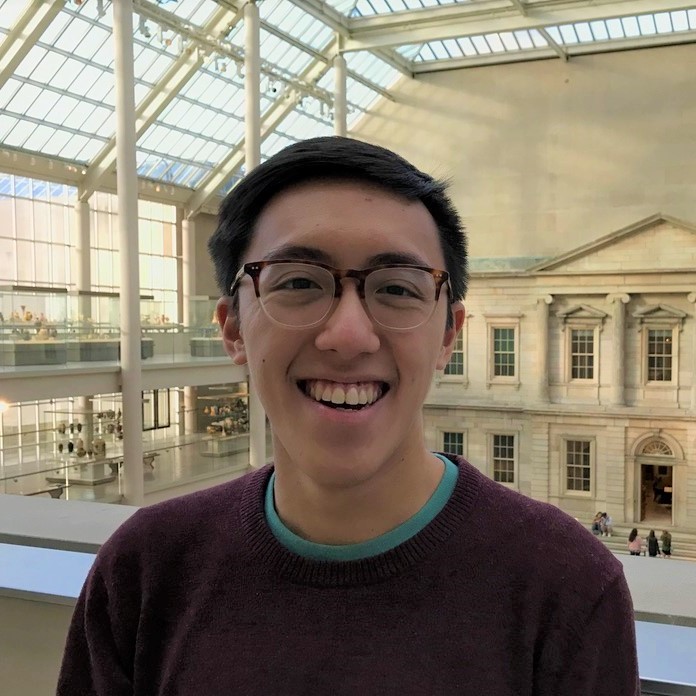My interest in history developed at a young age — specifically through social studies classes in primary school, as corny as that may seem. I felt that the historian’s mission to find out “Why did this happen?” was rather compelling. I was intrigued by the stories that historical study could uncover — stories of experiences long forgotten and of how places and people came to be.
Later, I became enthralled by the historian’s active role in interpreting evidence and crafting narratives. I realised that history was not just a natural or static body of knowledge waiting to be discovered, but an ever-changing plurality of stories that needed to be constructed. Far from being a passive endeavor, doing history is now, for me, an act of intervention that can have an outsize impact on how people understand themselves and the world that they live in.
My interest in computing came much later, although the seeds were planted early. My parents studied computer science, and I grew up with a keen interest in using and reading about technology, but I never did take it a step further to learn the tools that made modern technology possible. When the opportunity arose to take computer science courses as an undergraduate, I took the plunge, and the rest, as they say, is history.
I am certainly fascinated by the ability for computer scientists to develop abstract and elegant solutions to some of humanity’s most pressing issues, and also intrigued by what computing technology has enabled in other fields, including history.1 But I am equally wary of that power. For me, learning computer science is as much about developing software as it is about harnessing computing for social good and understanding technology’s role in society throughout history.
Combining the two subjects is not an intuitive path. However, the unusual combination of my interests has been hugely rewarding. I have explored the use of digital tools for the study of history and the humanities more broadly, including in my own research. I have also thought about technology as a historical force and a social institution, beyond just abstractly solving problems with endless lines of code. I appreciate the balance of quantitative and qualitative skills that I have gained from pursuing these two contrasting disciplines.
And most of all, studying history and computer science has given me a cool story to tell about my academic experiences.
-
The May 2009 special issue of the AHA’s Perspectives on History explores the possibilities of digital history. ↩
